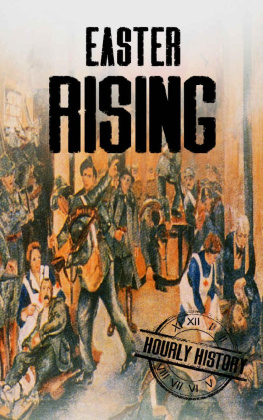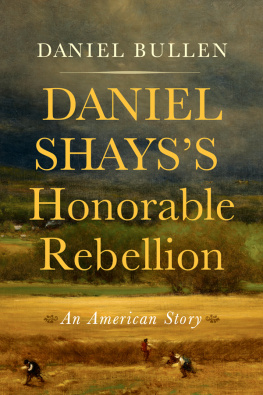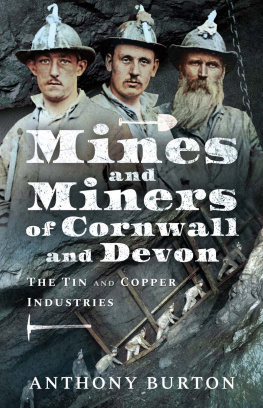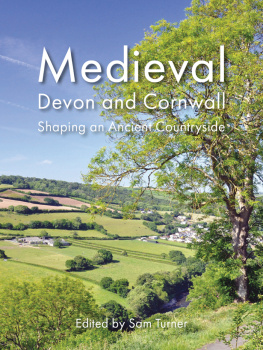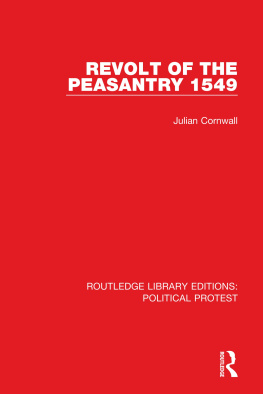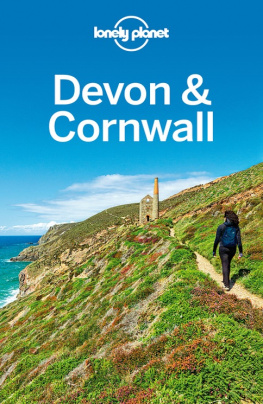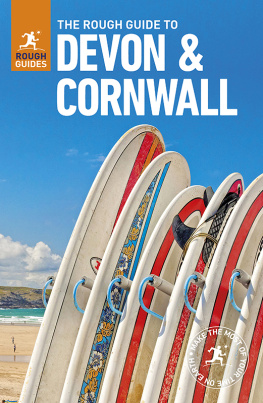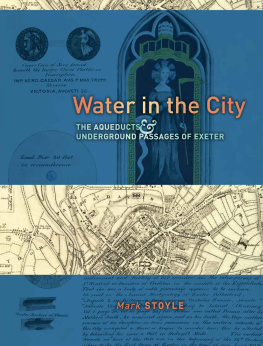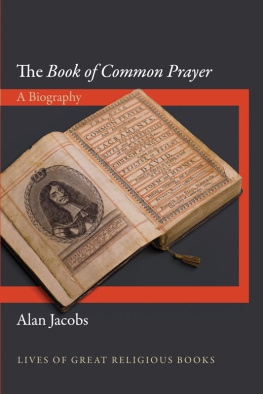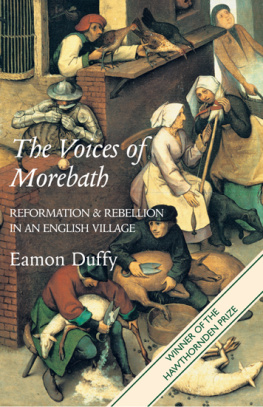A MURDEROUS MIDSUMMER

Copyright 2022 Mark Stoyle
All rights reserved. This book may not be reproduced in whole or in part, in any form (beyond that copying permitted by Sections 107 and 108 of the U.S. Copyright Law and except by reviewers for the public press) without written permission from the publishers.
All reasonable efforts have been made to provide accurate sources for all images that appear in this book. Any discrepancies or omissions will be rectified in future editions.
For information about this and other Yale University Press publications, please contact:
U.S. Office:
Europe Office:
Set in Adobe Caslon Pro by IDSUK (DataConnection) Ltd
Printed in Great Britain by TJ Books, Padstow, Cornwall
Library of Congress Control Number: 2022937753
e-ISBN 978-0-300-26907-9
A catalogue record for this book is available from the British Library.
10 9 8 7 6 5 4 3 2 1
For George Bernard
CONTENTS
ILLUSTRATIONS
Plates
Maps
ACKNOWLEDGEMENTS
I first became interested in the Western Rising as a schoolboy, almost 40 years ago, when I had a summer job as a tour-guide at Bickleigh Castle: the jewel-like fortified manor house which slumbers beneath a wooded hill in the heart of Devons Exe Valley. One of the treasures of the house is an ornate stone mantlepiece, dating from the 1600s, upon which a series of vivid depictions of people and places is carved. During the early 1900s, it had been suggested by several local antiquarians that the scenes on the mantelpiece were intended to memorialise the role played by Sir Peter Carew a sixteenth-century gentleman whose family had once owned the house in suppressing the Western Rising: a major revolt against the Crowns religious policies which had broken out in Devon in 1549. This possibility was duly flagged up in the standard spiel delivered to the summer visitors during the 1980s and, in my head, I can still hear the voice of Noel Boxall the charming and urbane man who then owned the castle declaiming, in the serene tones of one who is repeating a familiar litany, And above the fire we see the mantelpiece, with a series of carvings which are thought to depict events from the Western Rising, or Prayer Book Rebellion. I quickly learned to incorporate this phrase into the talks that I gave to the visitors myself and, as I cycled home from Bickleigh to my own village of Thorverton in the evenings effortlessly propelling myself, in those far-off days, up the lanes that switchback their way over the steep hill which separates the two I would sometimes ponder on the sudden eruption of violence some four centuries ago that had shattered the calm of the countryside I knew so well, and wonder how I might find out more about it. Four decades later, this book is the result.
I have incurred a host of debts during the many years in which I have been pursuing the history of the rebellion, and it is a great pleasure to be able to acknowledge some of them now. First, I would like to thank the shades of Noel and his wife, Norma both long since departed, alas for the kindness and encouragement that they showed me as a budding historian, and for giving me the opportunity to take my first faltering steps as a public speaker in such a magical setting. Second, I would like to thank the former staff of the Exeter Museums Archaeological Field Unit for the invaluable experience I gained while working with them during the later 1980s and the 1990s: I could not have asked for a better or more enjoyable historical apprenticeship. Third, I would like to thank those who taught me as an undergraduate and postgraduate student, especially the late Gerald Aylmer, Alastair Duke and Greg Walker, for helping me to hone my historical skills, and for being such generous and humane mentors.
In 2012, I was fortunate enough to visit some of the chief sites connected with the Western Rising in the company of Michael Wood, who was then making his documentary film about the past lives of ordinary people, The Great British Story. It was in the wake of these visits that I first began to sketch out in my mind how a new history of the rebellion might conceivably look, and I am most grateful to Michael for his encouragement. I also owe a huge debt of thanks to the staff of the record offices and libraries that I have visited while carrying out my research, including: the Bodleian Library; the British Library; the Cornish Record Office (now Kresen Kernow); the Dean and Chapter Archives in Exeter; Exeter College, Oxford; Kings College, Cambridge; Longleat House; the National Archives; the North Devon Record Office; the Royal Cornwall Museum and Courtney Library; the Somerset Heritage Centre; the West Devon Record Office; and, most important of all, the Devon Heritage Centre. Extracts from the Thynne Papers appear in the following pages by kind permission of the Marquess of Bath, Longleat, and extracts from John Hookers unpublished narrative of the rebellion MS. Rawl. C. 792 by kind permission of the Bodleian Library, Oxford. I am grateful to Oxford University Press and to Cambridge University Press, respectively, for permission to publish in altered form material that first appeared in the following articles: Fullye Bente to Fighte Oute the Matter: Reconsidering Cornwalls Role in the Western Rebellion of 1549, The English Historical Review, vol. 129, no. 538 (June 2014), pp. 54977; Kill all the Gentlemen?: Misrepresenting the western rebels of 1549, Historical Research, vol. 92, no. 255 (February 2019), pp. 50-72; and The Execution of Rebel Priests in the Western Rising of 1549, The Journal of Ecclesiastical History, vol. 71, no. 4 (October 2020), pp. 75577. I am also most grateful to John Draisey, not only for his expert advice, on many occasions, but also for his permission to reproduce portions of several articles that originally appeared in the journal Devon and Cornwall Notes and Queries.
I thank my colleagues in the History Department at Southampton especially David Brown, Mark Cornwall, Julie Gammon, Maria Hayward, Tony Kushner, Sarah Pearce and Helen Spurling for their warm friendship over many years. I thank the several hundred former students who have taken my Tudor Rebellions course especially Mike Hunkin, Lucy Joyner, Joe McArdle and Sacha Robson for all that I have learned from them. I thank the authors of the unpublished PhD theses I have read most notably, A.R. Greenwood, Amanda Jones and Helen Speight for the crucial insights I have gained from their splendid research. While writing this book, I have turned, again and again, to the works of Eamon Duffy and Diarmaid MacCulloch, and I am indebted to them both for their intellectual inspiration. I would also like to express my gratitude to the late Harry Guest, for words on the page, and to Susan Ballion, Rose McDowall and Laufey Soffia, for voices on the air. Many generous people have provided me with information, assistance and advice, including David Appleby, Simon Baker, Angela Broome, Emma Challinor, Sara Charles, Wendy Clarke, Martin Conway, John Cooper, Jannine Crocker, Alistair Dougall, Guy Edwards, Glenn Foard, Todd Gray, Mark Hailwood, Cheryl Hayden, Charlotte Hodgman, Andy Hopper, Oliver House, Alice Hunt, Ronald Hutton, Christine Linehan, Peter Marshall, Joanna Mattingly, Ian Mortimore, Oliver Padel, Philip Payton, Ismini Pells, Alec Ryrie, Dan Spencer, Matthew Spriggs, my father Ian Stoyle, Retha Warnicke and Andy Wood. Lloyd Bowen, in particular, has been a wonderful comrade-in-arms. I am especially obliged to Peter Clarke, Diarmaid MacCulloch, Anthony Musson, Jonathan Vage, John Walter and my sister, Kate Tobin, all of whom read earlier drafts of portions of the text, and to the two anonymous readers for Yale University Press, who made many extremely helpful suggestions for improvements to the manuscript. Finally, I would like to thank Felicity Maunder and Lucy Buchan for overseeing the production of the book, Robert Shore for copy-editing the text, Katie Urquhart for her invaluable help with the illustrations, and Trixie Gadd for compiling the index
Next page

